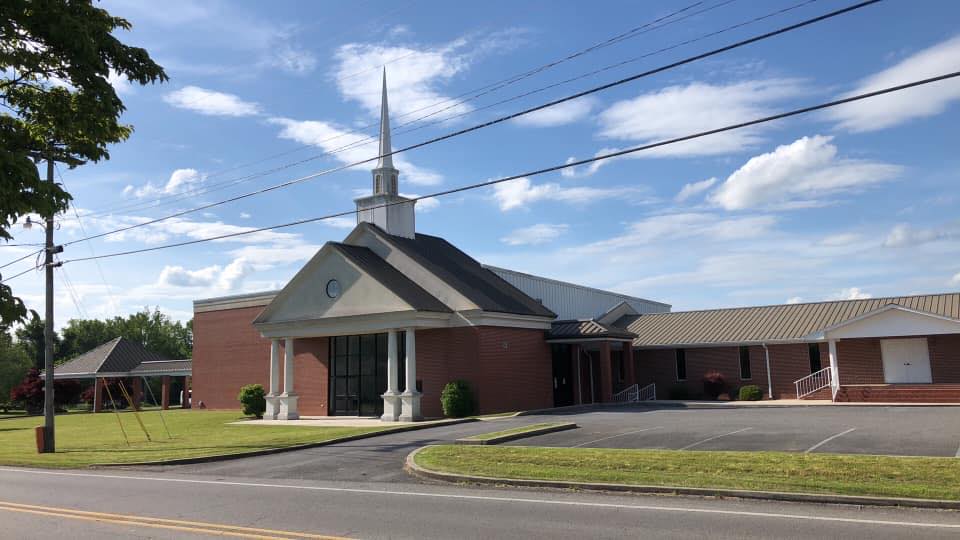It is hard to explain the challenges of family caregiving, the necessary and unending attention to details, and the frustrations when needed services cannot be found. Add to the burden the fact that [the person in desperate need of care] refuses to cooperate or family members are oblivious and uncaring about the sacrifices you make.
Can be consuming
If you are not careful, family caregiving can consume you. Almost unconsciously, you give up bits and pieces of your life until your life becomes only about family caregiving.
What can you do?
- Before taking action, take a moment — and develop a plan to follow.
- Be patient. If a life is not in immediate danger, a few hours or days will not matter.
- Try to understand the underlying causes. Take time to think about the resistance you are encountering.
- Ask direct questions in response to objections. Ask if the concern is about cost. If it is, discuss ways to alleviate the concern. It also could be about not being physically able to do something he or she has always done and the difficulty of giving it up.
- Listen carefully. Do not interrupt. Do not judge. Do not dismiss. Do not always assume you are right.
Supportive language
- Use supportive language. “I can imagine how tough this must be for you. I am just trying to make it easier for us to work this out. We will both be a lot happier if we think this through together.”
- Show your belief in your loved one’s good judgment. Also, be reminded that key people need to be involved in decision-making because the care affects others.
- Look for compromises and mutual ground. No one has to win; everyone just needs to have input, so no one loses.
- If the discussion becomes strained, take a break.
- Set a firm time to meet. “We will talk again tomorrow night. Is 7 or 8 o’clock better for you?”
EDITOR’S NOTE — The information shared in this article is an excerpt from “The Family Caregiver’s Manual: A Practical Planning Guide to Managing the Care of Your Loved One” by gerontologist David Levy and was used with permission. The book was published by Central Recovery Press in Las Vegas in 2016 and can be purchased from most book distributors.
Aging and senior care resources
2-1-1 Connects Alabama
2-1-1 Connects Alabama benefits Alabama’s most vulnerable populations, particularly the elderly, people with disabilities and those with low incomes. Dialing 211 connects callers to trained operators with access to a comprehensive database of services in their community. Operators are available 24/7.
Website: 211connectsalabama.org
Phone: 211
Text for help: Text your zip code to 898-211
Assistance for the hearing impaired: Call 711 and ask to be connected to 211 Connects Ala.
Alabama Caregiver Connect
The University of Alabama School of Social Work recently launched an online resource for Alabama caregivers.
Website: caregiverconnect.ua.edu
Phone: 205-348-4654
Alabama Department of Public Health
The Alabama Department of Public Health offers programs to help seniors maintain optimal health and mobility, obtain consistent preventative health screenings and make lifestyle changes as needed.
Website: alabamapublichealth.gov/seniors
Phone: 800-252-1818
(8 a.m.–5 p.m.)
Alabama Department of Senior Services
The Alabama Department of Senior Services has 13 Area Agencies on Aging, each with an Aging and Disability Resource Center that offers and implements senior services. Services include caregiver assistance, transportation, nutrition, prescription help, legal aid and long-term care advocacy.
Website: alabamaageline.gov/helpservices
Phone: 800-AGELINE
(800-243-5463)
Alzheimer’s Association
The Alabama chapter of the Alzheimer’s Association has a statewide network of offices that offer virtual trainings, education and support services.
Website: alz.org/al
24/7 Helpline: 800-273-3900
CDC National Center for Injury Prevention and Control
The CDC provides free patient and caregiver resources to help prevent falls, including a checklist to help find and eliminate fall hazards in each room of an elderly person’s home.
Website: cdc.gov/steadi/patient.html
Phone: 800-232-4636
Eldercare Locator
Eldercare Locator is a public service of the U.S. Administration on Aging that helps connect older adults and their families and caregivers with the services they need.
Website: eldercare.acl.gov
Phone: 800-677-1116
(Mon.–Fri., 8 a.m.–9 p.m. ET)
National Institute on Aging
The National Institute on Aging, a department of the National Institutes of Health, offers free comprehensive guides on healthy aging for both caregivers and senior adults.
Website: nia.nih.gov/health/topics
Phone: 800-222-2225
TTY: 800-222-4225
OASIS
(Older Alabamians System of Information and Services)
This program helps people aged 55 and older who are blind or visually impaired to live more independently in their homes and communities.
Website: rehab.alabama.gov/services/vr-bd/vr-bd
Phone: 800-441-7607






Share with others: